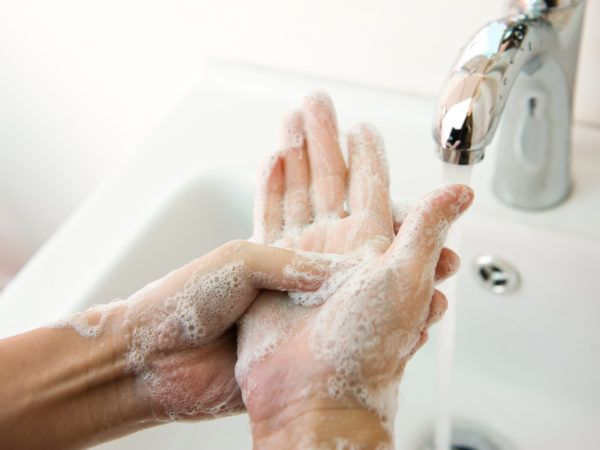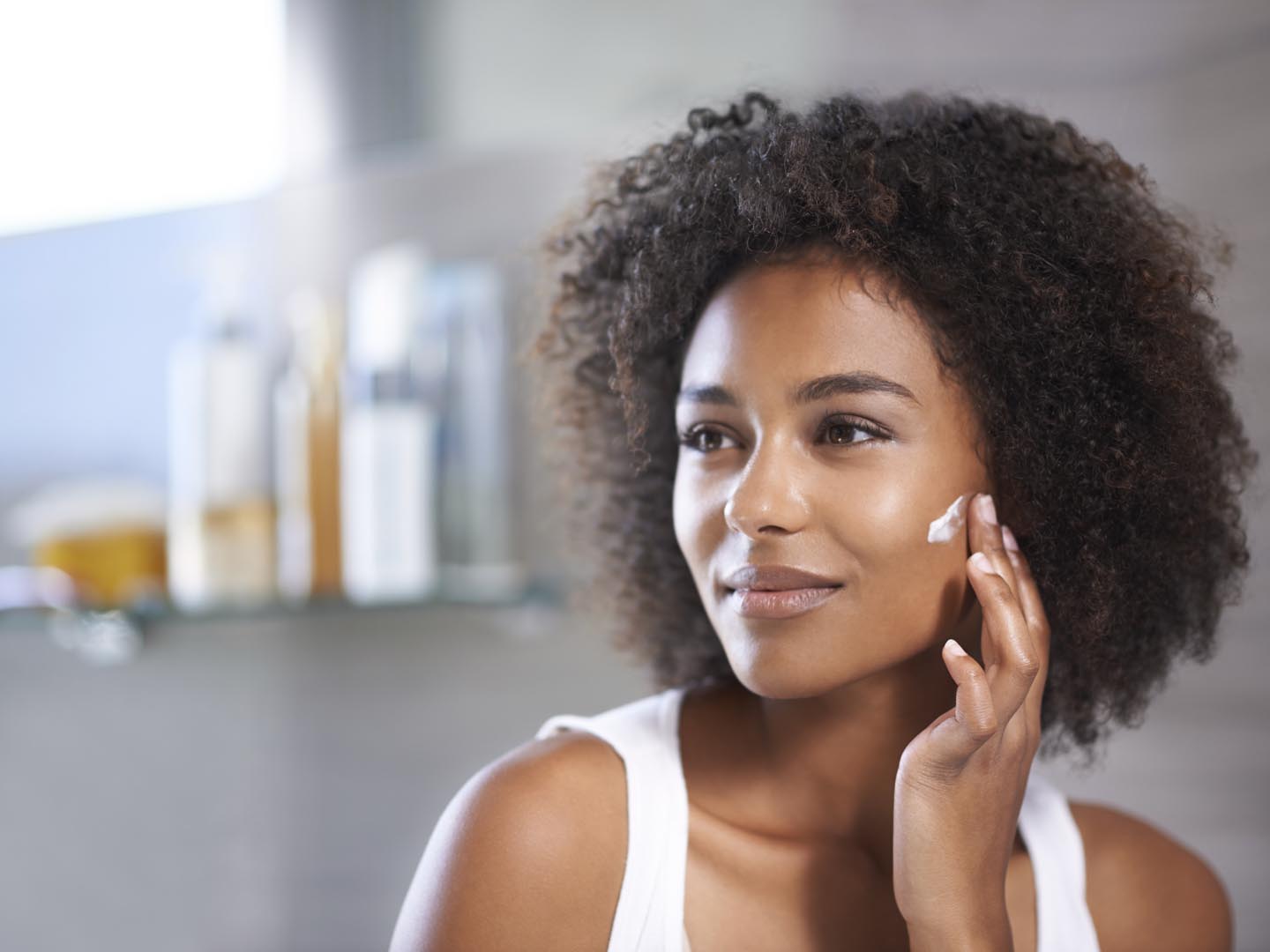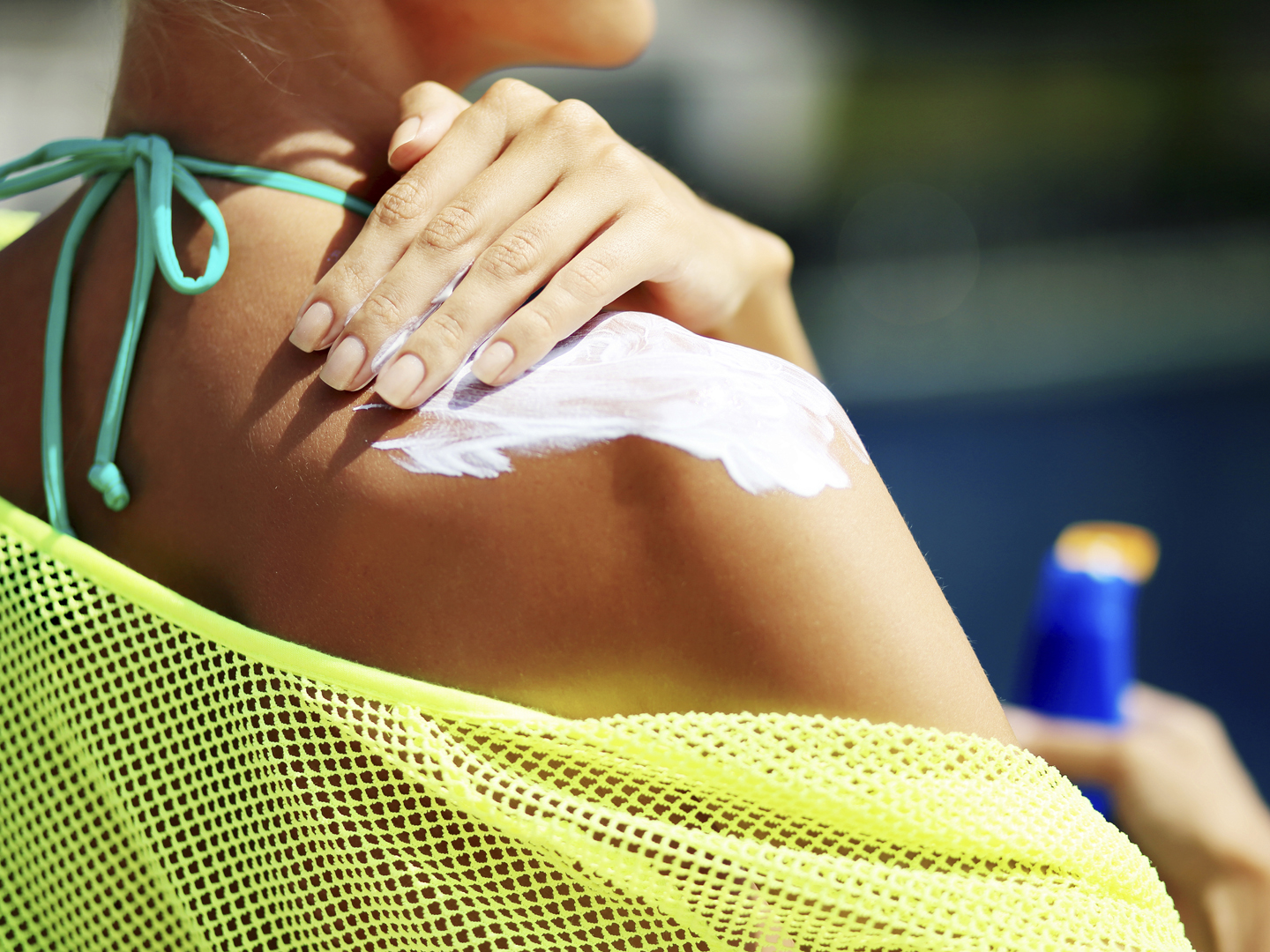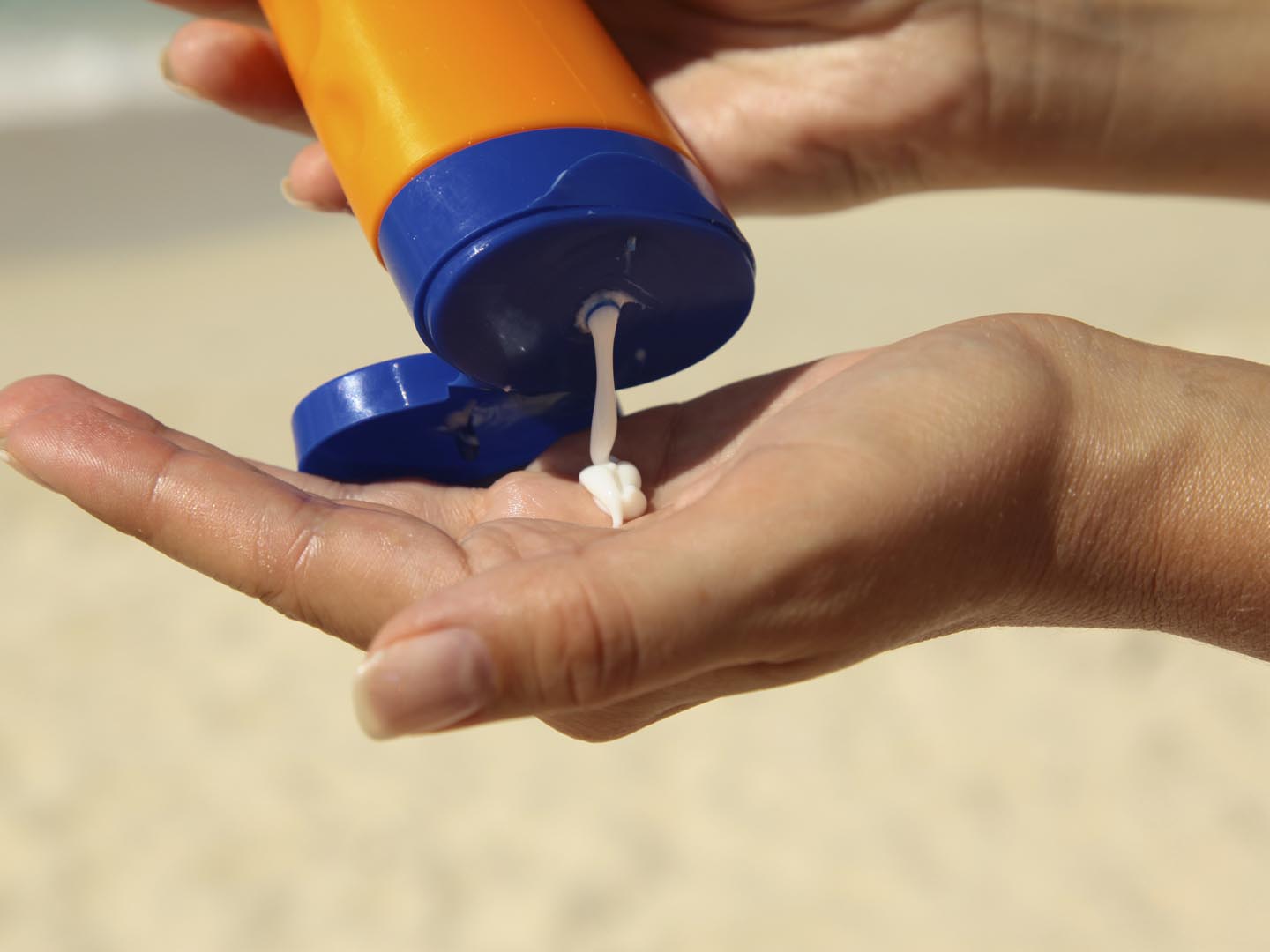Cold Sores

What are cold sores?
Cold sores are fever blisters caused by a virus. They are not the same as canker sores, even though the two are often mistaken for each other. Cold sores are caused by the herpes simplex virus (HSV), the same virus that also causes genital herpes. HSV type 1 typically is responsible for cold sores while HSV type 2 causes genital problems. However, each type can cause sores in either area.
What are the symptoms of cold sore/fever blisters?
Cold sores usually occur on the lips (again, don’t confuse them with canker sores, which are ulcers that develop on the inside of your mouth – where cold sores don’t occur – and are not caused by HSV). Occasionally, cold sores and fever blisters can occur in or around the nostrils, or on the chin or fingers. And although they never occur on the soft cheek tissue inside of the mouth, they can, rarely, show up on the gums and roof of the mouth.
Signs and symptoms may not appear for as long as twenty days after exposure, but like all HSV infections they begin as a series of tiny blisters, sometimes preceded by a localized sensation of tingling, itching, or pain. As they develop, the blisters spread, open, ooze, and eventually turn into a yellowish crust that hardens, then sloughs off, leaving pinkish skin. Unless they become infected with another germ, the lesions of a cold sore will not leave a scar. However, the herpes virus lives on, dormant in nerve cells, and can be reactivated at any time, causing another outbreak at or near the initial infection site. Reactivation is usually triggered by some sort of stress, such as the onset of a cold or other illness, menstruation, sunburn, fatigue, even emotional trauma.
What are the causes of cold sores?
Cold sores and herpetic lesions in general – whether they are on the face, genitals, fingers and hands, or anywhere else – are highly contagious. You can become infected from contact with anyone who has an active lesion. This usually happens by direct contact or as a result of sharing eating utensils, razors or towels. Anyone with an open skin condition (psoriasis, eczema or atopic dermatitis) or a suppressed immune system (infants, elderly, patients with cancer, AIDS or an organ transplant) is more susceptible to contracting the virus.
What is the conventional treatment?
Cold sore outbreaks are uncomfortable and not very pretty, but fortunately, they usually go away on their own within 10 days, even without treatment. It may be important to see a physician if your cold sores or fever blisters don’t heal on their own, if the symptoms are severe and difficult to treat or they keep recurring, if you develop eye symptoms or have a pre-existing condition that has compromised your immune system. HSV infection of the eyes is an emergency that needs to be treated right away as it can scar the cornea and lead to vision impairment or blindness.
The conventional cold sore remedies are antiviral creams (some available only with a prescription) or antiviral medications taken orally. They are expensive but do work to shorten the duration and lessen the severity of cold sores if you take them at the very beginning of an outbreak. They will also reduce frequency of herpes episodes if you use them daily at a low dose. Over-the-counter analgesics can help with the discomfort, as can ice or warm compresses. It’s also important to avoid letting anyone come in contact with any active blisters that you have.
What does Dr. Weil recommend?
To prevent recurrences, try the following cold sore remedies:
- Avoid foods rich in the amino acid arginine, which can activate the virus. These foods include chocolate, cola, beer, grain cereals, chicken soup, gelatin, seeds, nuts and peas.
- Get a new toothbrush. The virus can live in your toothbrush and re-infect you. When the sore is gone, get another new toothbrush. Also, to prevent the virus from getting into the toothpaste (and re-infecting you and others in the family), don’t touch the brush to the tube when you’re squeezing out toothpaste.
- Always use SPF 15 sunscreen before going out in the sun (summer and winter) and use a lip moisturizer with sunscreen.
- Since the HSV is highly contagious, don’t kiss or shake hands with anyone who has a cold sore or fever blisters. And avoid these contacts when you have one.
- Keep your hands clean.
- Avoid sharing towels and utensils with anyone who has a cold sore.
To speed healing from active cold sores and fever blisters, take monolaurin, an antiviral supplement you can get in the health food store. The dosage is one gram in capsule form three times a day before meals. Cream containing the amino acid lysine applied directly to the cold sore can help as well. Taking L-lysine can reduce the frequency of attacks of oral herpes in some people. Take 500-1,000 milligrams a day on an empty stomach to prevent recurrence.









